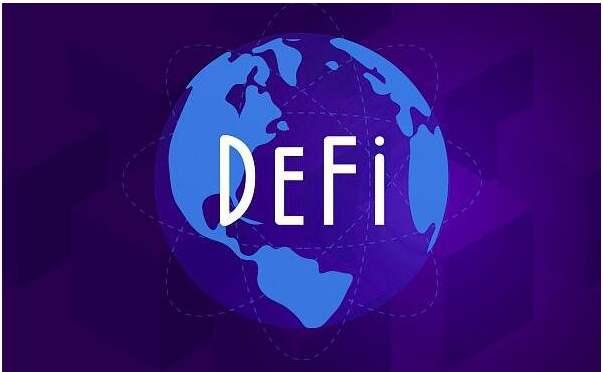Three oracle projects are launching consecutive IDOs. What are their highlights?
This article is an original piece by Chain Catcher, authored by Echo.
As the DeFi market heats up, the oracle sector has recently seen a surge of new projects. Razor launched its IDO on Balancer on February 4, OptionRoom held its IDO on February 5, and Umbrella Network started its IDO on February 9, further intensifying the competition in the oracle space. Chain Catcher has analyzed the mechanisms and main features of these three oracle projects.
1. Razor Network
Razor Network is a universal oracle network compatible with multiple blockchain networks, founded by a former member of the Consensys team. In November last year, the project announced the completion of a $3.7 million seed round financing, with investors including Alameda Research and NGC Ventures.
The project uses POS as its core consensus mechanism, where validating nodes stake RAZOR tokens and provide data to the network, allowing anyone to become a validator in Razor without permission. Due to its consensus mechanism, honest validators are rewarded, while those reporting inconsistent data are penalized, protecting clients from malicious stakers who might attempt to report incorrect or inaccurate data points to influence outcomes.
Razor offers users both automatic and manual result query modes to cover more application scenarios. For automatic mode queries, users must provide a URL and specify how to handle the response to obtain results. The assigned validator will automatically fetch the URL, parse the results, and report them to the network. Since no manual intervention is required, the response speed for automatic mode queries is relatively fast.
Manual mode queries do not require a source URL; the assigned validator must manually fetch the data and report it to the network. Such queries are suitable for high-risk applications that can accept longer resolution times, such as prediction markets.
Additionally, Razor can operate on any Ethereum-compatible blockchain and plans to expand to other chains and run on its own proof-of-stake network.
The project's token RAZOR has a maximum issuance of 1 billion tokens, with an initial circulating supply of 43 million as announced by the official sources, currently giving it a market cap of $18.31 million.
2. OptionRoom
OptionRoom is a project planning to establish an oracle and prediction market on the Polkadot network, aiming to provide community-governed oracle as a service (OaaS), with its prediction market protocol fully controlled by users, allowing them to autonomously create and participate in event derivatives.
OptionRoom adopts a dual-token model, with ROOM as its utility token and COURT as the governance token of the protocol, which can only be obtained by providing liquidity or staking ROOM.
Moreover, the project charges a protocol usage fee from each transaction, part of which is used for token buybacks, and part is allocated to a reward buffer pool to reduce inflation.
In January 2021, the project secured $200,000 in funding, with participation from institutions like NGC Ventures, CMS Holdings, and Spark Digital. In the IDO held in February, the project raised another $1 million.
3. Umbrella Network
Umbrella Network is a decentralized oracle project planning to establish itself on the Polkadot network, employing a DPOS consensus mechanism to ensure the security and timeliness of data.
The project uses a second-layer technology solution, implementing a Merkle Tree-based approach to achieve scalability, ensuring that participants are economically incentivized to accurately validate data. The network bundles multiple transactions into a single node using the Merkle Trees system, significantly reducing gas costs.
This allows each node to validate thousands of transactions at the cost required to validate a single transaction on other networks. It is reported that current oracle solutions process individual data sets for each blockchain transaction, facing slow speeds and high costs, while Umbrella can provide low-cost data sources to meet the needs of emerging blockchain solutions.
Additionally, Umbrella emphasizes that it has transferred control of the protocol to the community, adopting a fully transparent token distribution mechanism to create a network resistant to manipulation and attacks.
The project's token UMB has a total issuance of 500 million tokens, with a current market cap of $20.5 million based on an initial circulating supply of 10 million as announced by the official sources.











